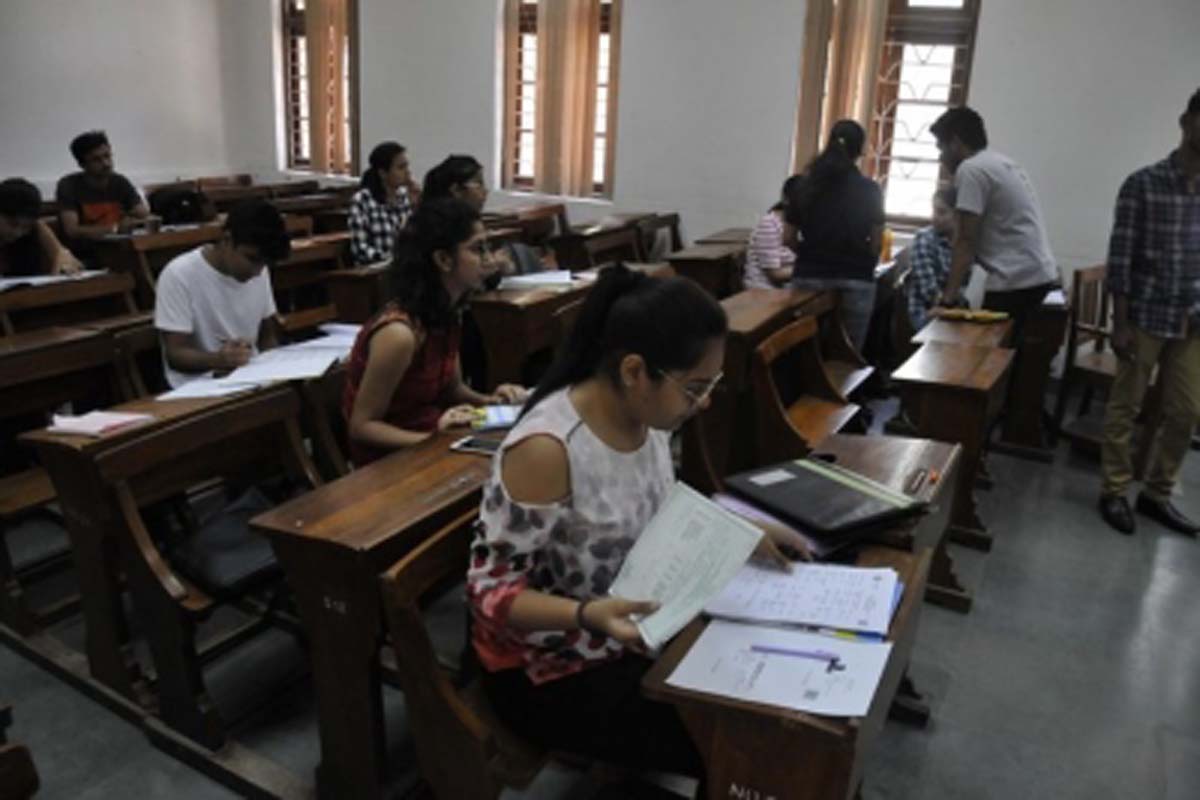
Article content On Thursday, B.C. NDP leader and Premier David Eby sat with Conversations Live host Stuart McNish and took questions from Vancouver Sun reporter Alec Lazenby and the public.
This was the third and final Conversations Live event held this week to highlight the policies of B.C.’ s three political leaders and their parties.

Here are some take-aways from Eby’s conversation. The Conversations Live event began with a series of polls from Research Co’s Mario Canseco that highlighted how bad things have become for regular British Columbians over the past two years, with 97 per cent of those polled thinking their economic situation had worsened. McNish also noted that according to Statistics Canada an average family of four had a household income in 2019 of $99,000.
In 2023 that amount rose by just $2,000 a year while the cost of living has risen up to 20 per cent. Eby said polling provides insight and noted that “people are really hurting right now and struggling with affordability.” He said this was due to the rapid run up in interest rates that made borrowing more expensive, a slowing global economy and a huge growth in population due to immigration.
“People are really and rightly frustrated and looking for ways to support themselves to deal with these things,” he said. “My role is to channel that energy.” Eby said that the carbon tax (that adds 17 cents a litre to gasoline) had been around in B.
C. in 2008 and because it is higher than in other parts of Canada had put the economy at an economic advantage. He said with the rising cost of living he was speaking to people who needed an economic break to afford groceries.
“I want people to have a good life for themselves,” he said. “It was a difficult but important decision to take (the carbon tax) off the table.” The B.
C. government must take charge of municipal zoning, as it has done with Bill 44, in order to allow developers to build multiplexes on single family lots. Eby said the federal government used to fund housing, but since it stopped, and as immigration increased, there have not been enough homes being built.
He says he is also in favour of a “unified city state” – an amalgamation of Metro Vancouver municipalities that would have one set of rules for all development. In January this year, the Eby government proposed changes to the B.C.
Land Act that would have allowed shared decision making with First Nations over the use of all public land. A month later the plan was shelved after the government heard from the mining, forestry, oil and gas, tourism, hunting and agriculture sectors concerned about potential changes to land use. “The Land Act issue caused anxiety among a number of different businesses,” Eby said.
“That was not the intent. We didn’t do the work, it was not done properly and minister pulled it at my request.” Eby used the example of a barefooted man walking down the middle of a street yelling at cars as someone who would benefit from involuntary care, a forced treatment model back by both the B.
C. NDP and Conservatives. He also wants a phone number set up so that someone having a mental breakdown can make one call and be prescribed medicine to help them.
He said the sort of people who would be placed in involuntary care would previously have lived at Riverview Hospital in Coquitlam..










